On the release of Incoterms® 2020, ICC Secretary General John W.H. Denton AO said:
“Incoterms® 2020 rules make business work for everyone by facilitating trillions of dollars in global trade annually. Because they help importers and exporters around the world to understand their responsibilities and avoid costly misunderstandings, the rules form the language of international sales transactions, and help build confidence in our valuable global trading system.”
The ICC have stated that there is a clearer demarcation and connection between the sale contract and ancillary contracts, a re-ordering within the Incoterms® rules giving delivery and risk more prominence, plus other changes which though cosmetic in appearance, are in reality substantial attempts on the part of the ICC to assist the international trading community towards smoother export/import transactions.
One of the major changes has been the change from DAT (Delivered at Terminal) to DPU (Delivered at Place Unloaded). For Incoterms 2010 there was little difference between DAT and DAP, other than for DAT the seller delivered the goods once unloaded from the arriving means of transport into a ‘terminal’ whereas in DAP, the seller delivered the goods when the goods were placed at the disposal of the buyer on the arriving means of transport for unloading. The terms have been changed to DPU to reflect the reality that the place of destination could be any place and not a ‘terminal’. If not a terminal the seller must ensure it is a place where they can unload the goods. As the seller is responsible for the unloading, the order of the terms has been changed so that DPU comes after DAP.
In terms of the actual abbreviations themselves the rest are the same as 2010, with EXW, FCA , CPT, CIP, DAP, DPU and DDP for any mode of transport and FAS, FOB, CFR, CIF for sea and inland waterway only. As before each of the Incoterms® needs to be carefully checked and agreed in the contract with the seller using the correct terminology, the port, place or point of delivery needs to be clearly stated to ensure the transfers of risks are visibly stated.
Our next blog will again look at Incoterms but from the perspective of Brexit, as when we leave the EU, customs procedures will become common and the Incoterms® will become extremely important in the future.
To keep up to date with other freight-related news and articles please follow us on LinkedIn to stay informed.

Copyright © 2023 Independent Freight Solutions Ltd | Company number 05202892 | Terms & Conditions | Privacy Policy